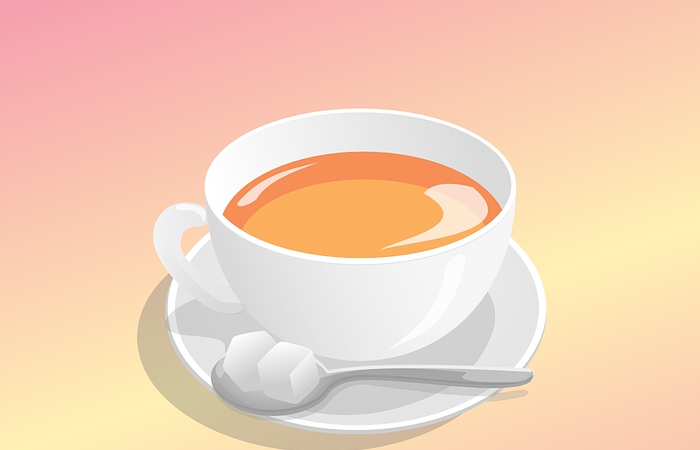Table of Contents
About Insomnia
Insomnia is a sleep disorder with sleep difficulty, staying asleep, or both. People with insomnia often don’t feel rested even when they wake up from sleep, leading to fatigue and other symptoms. We spend about a third of our lives sleeping. It is essential for our good physical and mental health. During sleep, our body regenerates and repairs itself, our learning is consolidated, and there is an excellent rebalancing of our emotions.
To be in good shape, you need to sleep a certain number of hours a night. It depends on several parameters. Sleep requirements not only change with age, but they tend to decrease over time, but they also vary from person to person. The ideal amount of sleep will always be the amount you need to feel refreshed when you wake up.
Types of Insomnia
Almost everyone has insomnia at least once in their life. There are two main types:
Transient or acute insomnia is associated with a difficult or stressful event: grief, breakup, marriage, exams, job interview, etc. This type of insomnia lasts for a few days and disappears when the stressful event has passed or when you overcome the difficulty of life that kept you awake.
Insomnia can be total: you don’t close your eyes at night, or partial: you sleep, but not enough to feel rested. It may be due to difficulty falling asleep, waking up several times during the night, or waking up too early. When difficulty in sleeping occurs at least three nights a week for more than a month, it can be called chronic insomnia.
Insomnia Solution
1. Fixed Times for Getting up and Going to Bed
Even on weekends and holidays: regularity is the key to getting a good night’s sleep. Getting up or going to bed at different times each day interrupts your internal clock. A sleepless night, jet lag, sleeping 12 hours straight the next night, or going to bed too early can be worse than better.
2. Eat Light at Night
Nothing worse to falling asleep than a distended belly because you have overeaten fat or too many sweets! Digestion requires energy from your body, do not overload it with work. Therefore, favor a balanced diet, not too satiating and at fixed times. Ideally, eat dinner 2 to 3 hours before bedtime.
And don’t forget about breakfast because it balances sleep and wakefulness and gives your body a signal that the day has begun.
3. No exciting Drinks

Drinking coffee, tea, or an energy drink after 5 p.m. (or even 4 p.m. for some) is the best way to avoid sleeping. The nicotine in tobacco is also a stimulant, both physical and intellectual. As for alcohol, while a drink or two can relax you, drinking more will have the opposite effect than expected. Because if drunkenness falls asleep quickly, the sleep it induces is of poor quality.
4. Relaxing Activities Before Bed
If you have trouble sleeping, avoid stimulating activities before bed. For example, if you play sports, your body will secrete adrenaline, which activates the body. Focus on morning sports sessions. The only exception is sex! An orgasm triggers the release of relaxing and calming hormones, especially in these men who fall asleep quickly after the act!
5. Turn off Screens an Hour or Two Before Going to Bed
Standing in front of a television, computer, tablet, or even a smartphone screen just before falling asleep is perhaps the most common bad habit in our society today. However, the light emitted by these screens and jerky images delays falling asleep by disrupting melatonin production, the sleep hormone. If you want to sleep well, there is no television in the bedroom, and, above all, you do not have a laptop on the bedside table or under your pillow.
Good conditions in your bedroom are essential to sleep well. The temperature should not exceed 21 ° C; the windows must be darkened by blinds or curtains so that certain darkness reigns there and, of course, it must be quiet there. Nothing better than noise and noise pollution to keep you awake! Consider ventilating the air in the room by opening the windows, at least during the day.

